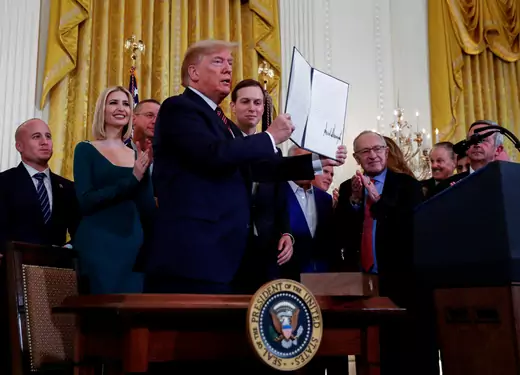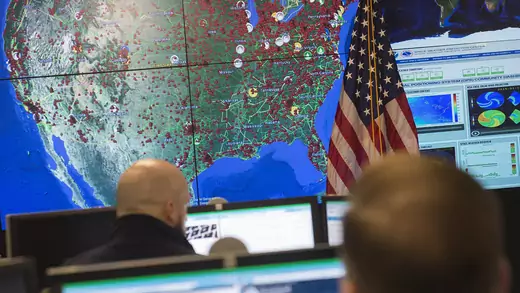- Iran
- Israel-Hamas
-
Topics
FeaturedIntroduction Over the last several decades, governments have collectively pledged to slow global warming. But despite intensified diplomacy, the world is already facing the consequences of climate…
-
Regions
FeaturedIntroduction Throughout its decades of independence, Myanmar has struggled with military rule, civil war, poor governance, and widespread poverty. A military coup in February 2021 dashed hopes for…
Backgrounder by Lindsay Maizland January 31, 2022
-
Explainers
FeaturedDuring the 2020 presidential campaign, Joe Biden promised that his administration would make a “historic effort” to reduce long-running racial inequities in health. Tobacco use—the leading cause of p…
Interactive by Olivia Angelino, Thomas J. Bollyky, Elle Ruggiero and Isabella Turilli February 1, 2023 Global Health Program
-
Research & Analysis
Featured
Terrorism and Counterterrorism
Violence around U.S. elections in 2024 could not only destabilize American democracy but also embolden autocrats across the world. Jacob Ware recommends that political leaders take steps to shore up civic trust and remove the opportunity for violence ahead of the 2024 election season.Contingency Planning Memorandum by Jacob Ware April 17, 2024 Center for Preventive Action
-
Communities
Featured
Webinar with Carolyn Kissane and Irina A. Faskianos April 12, 2023 Academic and Higher Education Webinars
-
Events
FeaturedJohn Kerry discusses his work as U.S. special presidential envoy for climate, the challenges the United States faces, and the Biden administration’s priorities as it continues to address climate chan…
Virtual Event with John F. Kerry and Michael Froman March 1, 2024
- Related Sites
- More
May 29, 2020
Election 2020The United States is one of the countries that is most susceptible to foreign election interference. To safeguard the U.S. elections in November, Robert K. Knake argues that the United States and oth…

May 15, 2018
CybersecurityCritical infrastructure companies cannot protect themselves from adversarial nation-states without federal assistance. The U.S. government should create a classified network to share information on c…

November 21, 2017
RussiaRussia's information warfare operations, aimed to weaken adversaries' social cohesion and political systems, are complex and adaptive, but Western governments can take steps to guard against them.

October 16, 2017
ChinaTo counter security threats of Chinese investment in U.S. critical technology, policymakers should boost innovation in the U.S. economy as a way to maintain a technological edge rather than seek to block or restrict Chinese investment or to limit the export of certain technologies.

September 12, 2016
G20 (Group of Twenty)Steven A. Tananbaum Senior Fellow for International Economics Robert Kahn argues that at the Group of Twenty (G20) Summit in Hangzhou, China, leaders called for governments to do more to support growth, but offered little in the way of new measures. Quietly, and away from the G20 spotlight, fiscal policy is becoming more expansionary, but current policies are unlikely to provide a meaningful boost to growth or soothe rising populist pressures.
 Online Store
Online Store